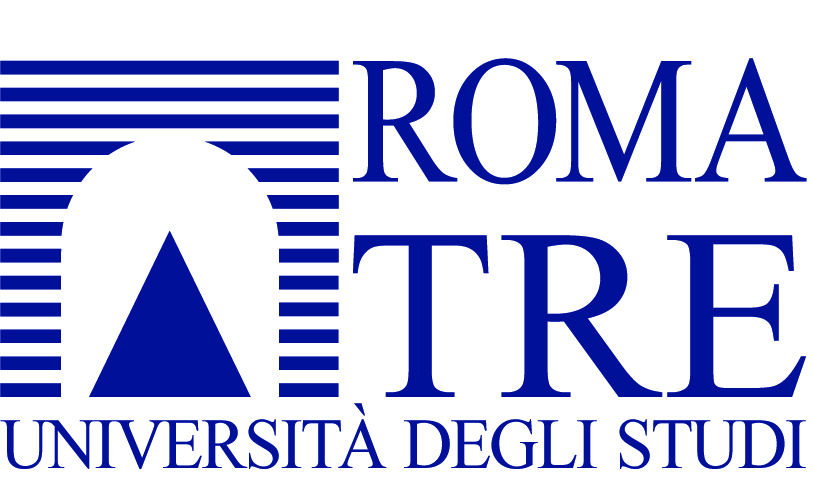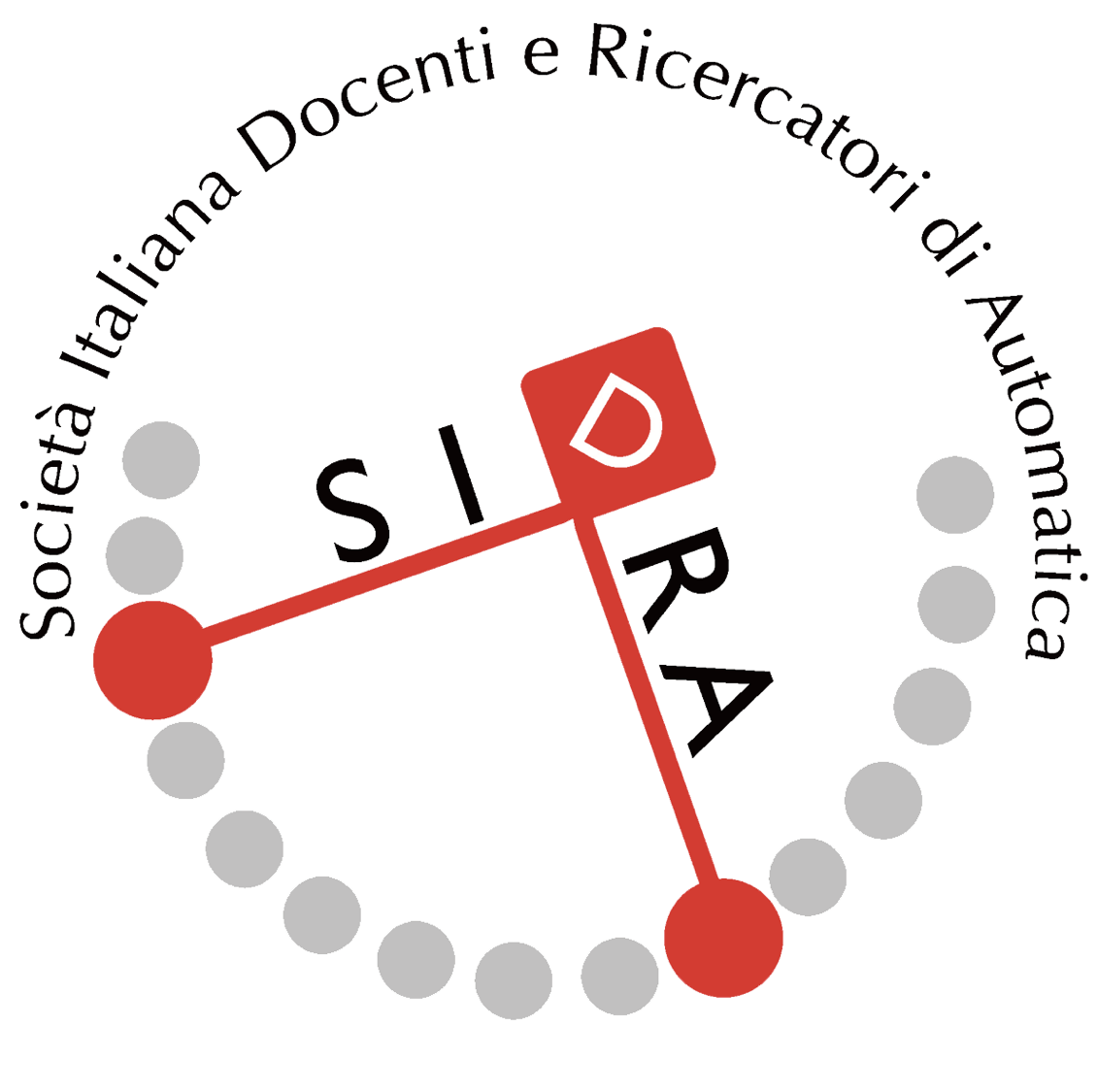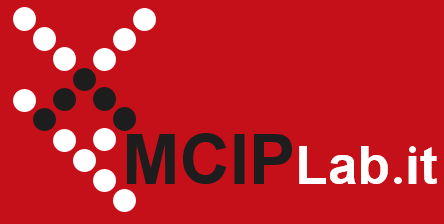Autori
Chiara Foglietta and Stefano Panzieri
Abstract
Nowadays, power grids are changing due to increasing amount of distributed renewable energy sources, such as solar and wind farms. Those generators are intrinsically intermittent and volatile. Improved demand response algorithms are mandatory in order to avoid curtailments and increase grid stability. Unit commitment is an example of demand response strategy to obtain day-ahead thermal generator schedules, subject to classical constraints (such as power balance equations, spinning reserve requirements, ramp rate, etc.).
Security Constrained Unit Commitment (SCUC) adds to the classical problem another constraint related to power grid topology, guaranteeing the system reliability. The authors also considers a risk-based objective function in order to include not only the cost minimization but also the ability of each generator to perform its task due to consequences of adverse events. Power grid is a lifeline system designed to work as a standalone system, but operates as an interconnected system with other lifeline systems. A risk metric is used to share information among heterogeneous systems.
The algorithm is validated using an interdependent scenario made of different infrastructures affecting the generator ability to produce power. The results demonstrate the effectiveness of the risk-based security-constrained unit commitment.









